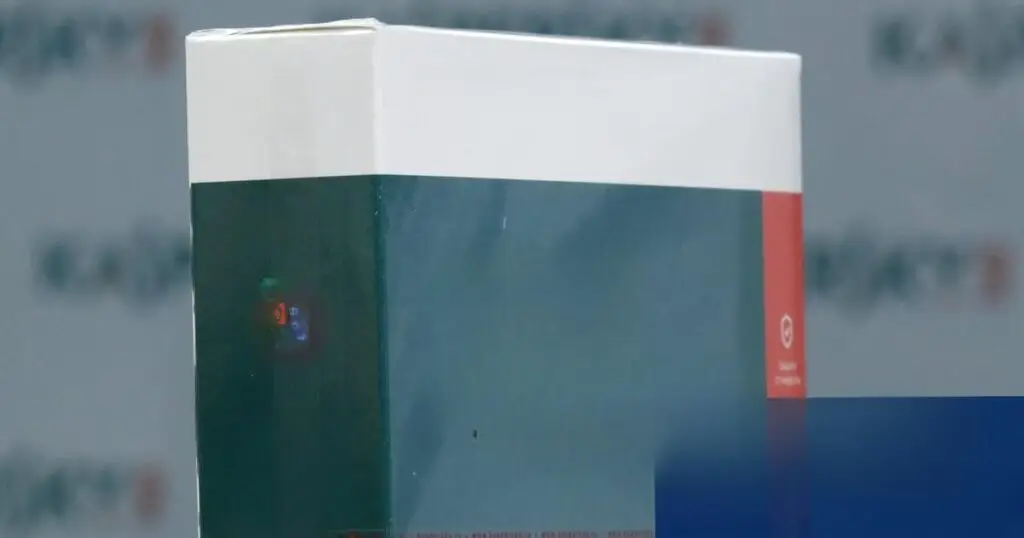The Australian government is closely watching the U.S. ban on Kaspersky antivirus software, but has not yet decided to follow suit. Kaspersky, a Moscow-based company, has been labelled a security risk by the United States. This decision came after an investigation raised concerns about the Russian government’s influence over Kaspersky’s operations.
Concerns Over Kaspersky’s Security Risks
The Australian government is actively keeping an eye on the US ban on Kaspersky antivirus software, though it has yet to implement a similar policy. The software, developed by the Moscow-based Kaspersky Lab, has been recognised as a security threat by the United States. This decision emerged after an investigation that concluded Kaspersky’s operations in the US posed a national security risk due to alleged Russian government interference.
Late last month, the US banned the sale of Kaspersky software and prohibited the company from providing updates for its existing software. This move followed findings from the commerce department, which cited that Kaspersky’s actions were potentially influenced by the Russian government’s offensive cyber capabilities. The US commerce secretary, Gina Raimondo, highlighted the concern over the Russian government’s potential to exploit companies to gather and weaponise sensitive US information.
Australia’s Position and Reactions
A spokesperson for the Australian Department of Home Affairs stated that while the US ban is a decision for the US government, Australia is closely observing the developments. The spokesperson added that the department is actively engaged with US authorities to understand the repercussions of this determination.
Back in 2017, concerns over Kaspersky were prompted when reports alleged the software was involved in the theft of classified data from a US National Security Agency contractor’s computer. The company strongly denied any deliberate actions to aid hackers. To restore trust, Kaspersky has since focused on transparency and independent assessments of its software source code.
Historical Context and Cybersecurity Trends
Historically, Australia has aligned its cybersecurity policies with those of the US and other Five Eyes nations. An example is the ban on Chinese telecom giant Huawei before similar actions were taken in the US and the UK. More recently, in 2023, Australia joined other countries in banning TikTok from government devices.
Cybercrime analyst Jeremy Kirk noted that Kaspersky’s research team has a strong reputation in the industry, and its CEO, Eugene Kaspersky, is a prominent figure. However, the company’s Russian origins and ties to Soviet intelligence have always been a cause for curiosity and concern. Kirk emphasised that Russia is a significant adversary with a robust offensive cyber programme targeting data theft and device infiltration.
Kirk mentioned that the collaboration between Russian intelligence agencies and cybercriminal groups is well-known. He suggested it would be foolish for these agencies not to leverage such partnerships for cyber operations. This underlying threat makes the use of Kaspersky products controversial.
Kaspersky’s Response and Future Directions
In response to the US ban, Kaspersky claimed the decision was influenced by the existing geopolitical climate and speculative concerns. Kaspersky asserted it does not partake in activities jeopardising US national security. Instead, the company mentioned its significant contributions to identifying and defending against threats targeting US interests and allies.
Kaspersky’s CEO, Eugene Kaspersky, was not personally targeted by the sanctions. Despite the ban, the company continues to play an active role in cybersecurity discussions, offering insights and advice to governmental bodies in Australia and other countries.
Australian Consumer Watchdog’s Actions
Following the US ban, Kaspersky was removed from the partner list of Scamwatch, the Australian consumer watchdog’s website. This removal aligns with Australia’s cautious approach towards entities with controversial backgrounds while staying alert to international cybersecurity trends.
Previously, Kaspersky participated in Scams Awareness Week activities in 2023, promoting cybersecurity awareness among consumers. However, the Australian Competition and Consumer Commission confirmed that Kaspersky would not be part of its 2024 activities, updating its partners’ page to reflect this change.
Ongoing Cybersecurity Challenges
In January, the Australian government sanctioned Russian IT worker Aleksandr Gennadievich Ermakov due to his alleged involvement in the 2022 Medibank hack. This incident underscores the broader issue of international cybersecurity cooperation, which often faces hurdles due to geopolitical tensions.
Australian law enforcement has expressed frustration over difficulties in collaborating with Russian counterparts on cybersecurity investigations. This lack of cooperation remains a significant challenge, especially when dealing with cybercriminals based in Russia.
As Australia continues to monitor the US ban on Kaspersky, the balance between security and diplomacy remains critical. The nation’s approach will reflect its commitment to safeguarding national interests while considering international cybersecurity dynamics. Maintaining vigilance and informed decision-making will be key in navigating this complex landscape.

